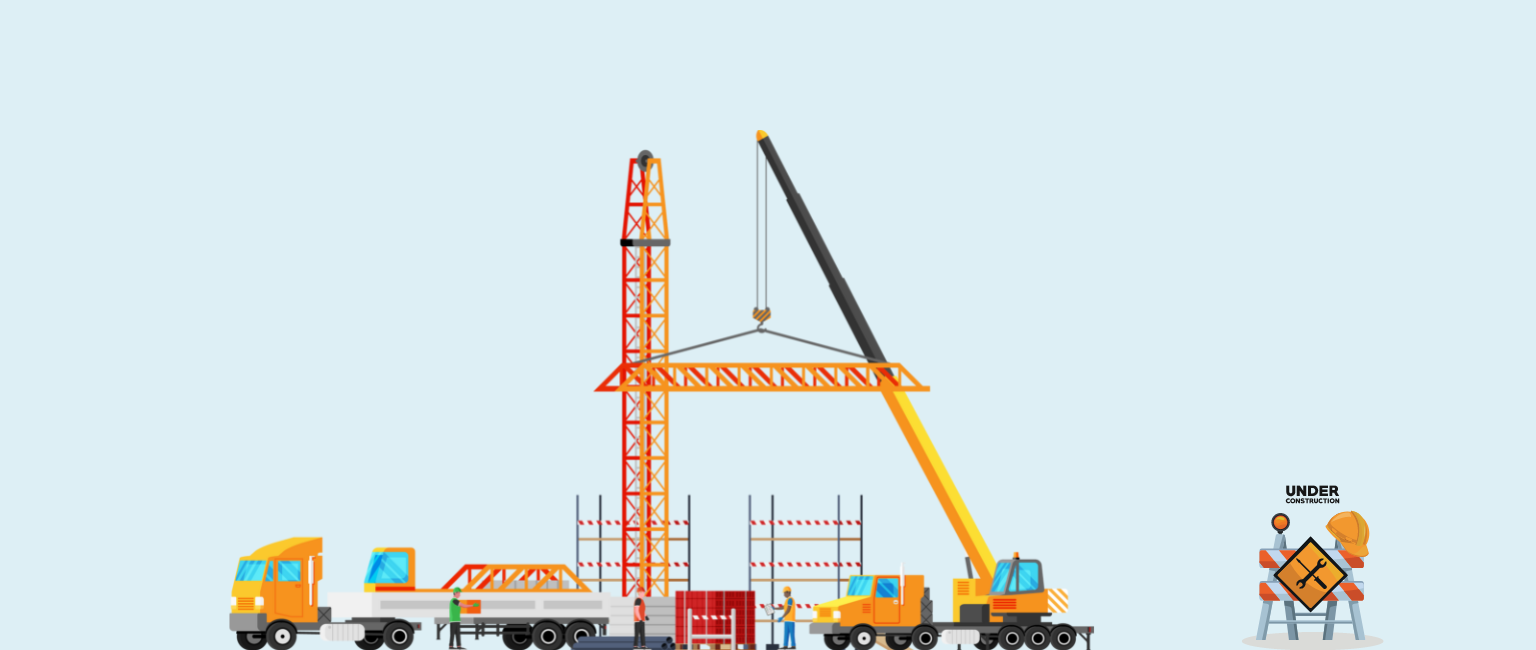
WHAT IS CIVIL CONSTRUCTION?
Civil projects are usually classified under the umbrella of civil engineering instead of being considered a branch of construction. This is because of the need for extensive planning and coordination between a variety of engineers and design specialists before any construction can begin. Civil construction is often defined as a branch of Civil Engineering involved with the maintenance, design, and development of both natural and physically built environments. Civil construction companies do more than build structures. They also manage natural and existing environments like water reservoirs, hillsides, and mountain ridges, in addition to other areas that interface with human-made infrastructure. Contractors bidding on civil projects need to know about grading, erosion control, access rights, public impact, legal regulations, and much more so they can understand what's involved in any given request. If a civil construction company can't handle every step themselves, they have to be able to subcontract the additional steps properly.
ROLE OF CIVIL ENGINEERS
Civil engineers are the people in charge of managing the construction projects. Among other things, they are responsible for making the design of the project they are assigned. Whether it is a transport project, a water or sewerage system project, or more, they take the lead. Civil Engineers plan, design, and then test the structures before they are ready to be used by the public. Their work starts at designing the architectural drawings, choosing material for the project, and then working on the design. They not only think about the structure but also how the construction of the project will affect its surroundings. They have to be sure they produce an economical, safe, and environmentally stable structure for each of their projects. Civil engineers can choose from many areas of specialization. They can choose the fields of municipal engineers, chief civil engineers, structural engineers, construction engineers, water supply distribution engineers, or even transport engineers. Civil engineers are also required to handle some activities related to site preparation, including excavation, grading the large projects, and even earth moving. They also have to evaluate and monitor the projects and are responsible for ensuring the quality of materials and project structures.


WORK PERFORMED IN THE CIVIL CONSTRUCTION INDUSTRY
There are many tasks performed in the industry include the planning, creation, and maintenance of public infrastructure. Anything that will make the lives of people easier. Common work includes: Adhering to the guidelines created by the government, local bodies and clients when planning, creating and maintaining infrastructure Tendering the contracts and hire contractors Creating cost estimates and contracts Creating infrastructure plans and having these approved by governing bodies and local authorities Studying, evaluating and investigating the land and building sites suitable for the possible creation of infrastructure Liaising with governments, clients and other professionals Supervising and monitoring the construction of the infrastructure to ensure it matches the plan